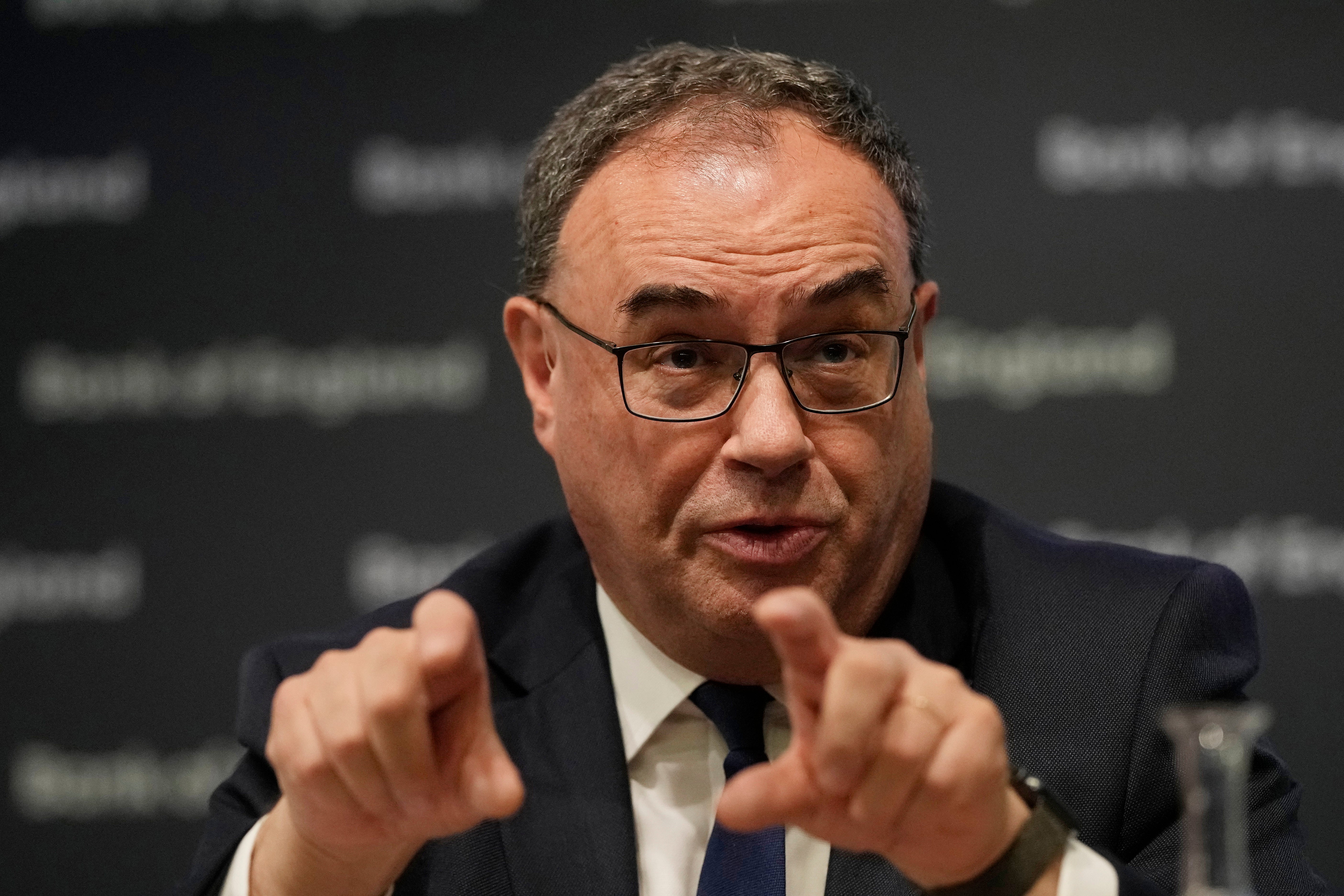British economy unexpectedly grows by 0.2% in second quarter largely because of June weather boost
The British economy unexpectedly grew in the second quarter of the year largely as a result of a strong rebound in June when many businesses, particularly in the leisure sector benefited from the warm and settled weather

Your support helps us to tell the story
From reproductive rights to climate change to Big Tech, The Independent is on the ground when the story is developing. Whether it's investigating the financials of Elon Musk's pro-Trump PAC or producing our latest documentary, 'The A Word', which shines a light on the American women fighting for reproductive rights, we know how important it is to parse out the facts from the messaging.
At such a critical moment in US history, we need reporters on the ground. Your donation allows us to keep sending journalists to speak to both sides of the story.
The Independent is trusted by Americans across the entire political spectrum. And unlike many other quality news outlets, we choose not to lock Americans out of our reporting and analysis with paywalls. We believe quality journalism should be available to everyone, paid for by those who can afford it.
Your support makes all the difference.The British economy unexpectedly grew in the second quarter of the year largely as a result of a strong rebound in June when many businesses, particularly in the leisure sector benefited from the warm and settled weather, official figures showed Friday.
The Office for National Statistics said the economy expanded by 0.2% in the April to June period, compared with the three-month period. That was higher than the 0.1% recorded in the first quarter and ahead of economists' expectations for no change.
The positive outcome was due to a 0.5% monthly increase in June when pubs and restaurants were buoyed by the hot weather. June in Britain was the warmest on record.
Given that July was one of the wettest ever, there are widespread expectations that those businesses benefiting in June will see a reverse.
Over the past few months, the British economy has proven slightly more resilient than anticipated in the face of rising interest rates, with a widely predicted recession avoided.
Earlier this month, the Bank of England raised its benchmark interest rate to a fresh 15-year high of 5.25% and hinted that it would stay high for some time to bring down persistently high inflation,
However, there are hopes, certainly among hard-pressed households, that the bank will not end up raising its main rate up to 6% as inflation is finally falling back towards the bank's 2% target. Figures for June showed that inflation fell more than anticipated to 7.9%, easing the pressure to act as aggressively again.
Central banks around the world have been raising borrowing costs to combat inflation unleashed by higher energy prices after Russia invaded Ukraine and supply chain backups as the global economy recovered from the coronavirus pandemic.